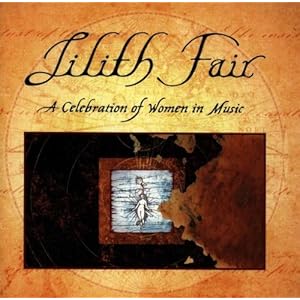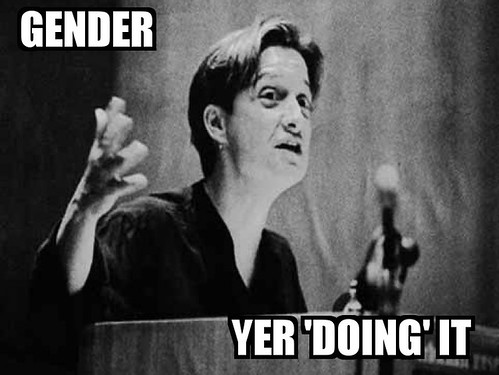 |
| courtesy of last.fm |
L.V. Anderson
wrote a great article about the Decemberist's use of rape imagery, particularly in the song, "
A Cautionary Tale." for The Awl this week. It's well worth the read, and something that gets glossed over in the world of indie rock, especially with artists like the Decemberists who are universally adored by critics.
Full disclosure: I'm not a huge Decemberists fan. To my aging rock fan ears, they're part of a cabal of youngish, ostensibly indie bands that I'm probably a little too old to be listening to in the first place. Their music is erudite, literate, and old-timey (sartorially and thematically as well as sonically). Colin Meloy, their frontman, sings in a nasaly, adenoidal whine. Their fans are largely white, liberal, middle-class, and degreed (or on their way to being degreed). The lyrics to "A Cautionary Tale" describes, pretty vividly, a rape:
With dirty hands and trousers torn they grapple 'til she's safe within their keeping.
A gag is placed between her lips to keep her sorry tongue from any speaking, or screaming,
And they row her out to packets where the sailors' sorry racket calls for maidenhead.
And she's scarce above the gunwales when her clothes fall to a bundle and she's laid in bed on the upper deck.
Anderson makes this point, which tends to get overlooked in the world of indie-rock irony:
Suppose "A Cautionary Song" were set in a modern-day housing project or a trailer park instead of a 19th-century port city; suppose Meloy asked the crowd to yell "PUSSY!" instead of "MAIDENHEAD!" Do you think The Decemberists would be able to get a crowd of pretentious white indie kids in Portland to cheer and clap for that song?
Meloy declined to be interviewed for the Awl, but said in a 2003 interview for
Spendid, "I think when you put them in the context of something in the 19th century, you're still addressing it, but it takes on a different feel. There's a whole different world that it's creating."
Right. But that doesn't take into consideration that he's a man with tons of privilege and respect from his peers co-opting a woman's experience. There's still an overwhelming lack of awareness. Interestingly enough, one of the
commenters stated that, "I can only say that writing from a woman's point of view (as a dude) may be one of the hardest exercises I've ever done. You actually have to know quite a few women well, whether they be family or friends, know a few things about what they've gone through. That's a tall order for anyone, because it requires you actually live — which is not something a lot of songwriters have done when they're putting out their first records in their late teens and early 20s."
I can agree with this, but not for those reasons. It's less about knowing "what women have gone through," than understanding your own privilege as a man in society. I can think of few successful examples of songs written by men, but from the point-of-view of a woman. (Off the top of my head? Rufus Wainwright's "The Art Teacher," Eeef Barzelay's "Ballad of Bitter Honey," and the Replacements' "Sadly Beautiful" are the least problematic, and the most believable.)
Then there's that little problem of irony, which has become a synonymous in indie rock for "I can do or say something pretty offensive because
I'm not really like that -- get it?" I fail to see the irony of a man singing about rape and not offering any insight into what the central character might be feeling. And there's nothing ironic about a male songwriter using a woman's experience of rape in his music, and setting it in the past as to force some more distance between him and his subject, or his audience and his subject. Sady Dolye
weighed in:
It’s just that if the concept of irony gets thrown in there, then it becomes (for him) about cleverness. And not about the guy endorsing rape as a punishment, at top volume, on stage. But, seriously? We’re aiding and abetting that guy now? We’re not opposing him? Because, “ironic?” I know you’re better than that. YOU know you’re better than that. You just forgot, because you found a chance to seem clever and detached. When you remember the various things that are actually way more important than seeming clever, you will go back to being your normal, awesome self again, Friend. I look forward to it.
Despite all this, I'm not someone who thinks certain things are off-limits entirely. I do think that no one is immune to criticism, though, and indie rock is as much an "old boys" network as anything. I'm glad this article was published, and I'm happy to see the discussion surrounding it.













